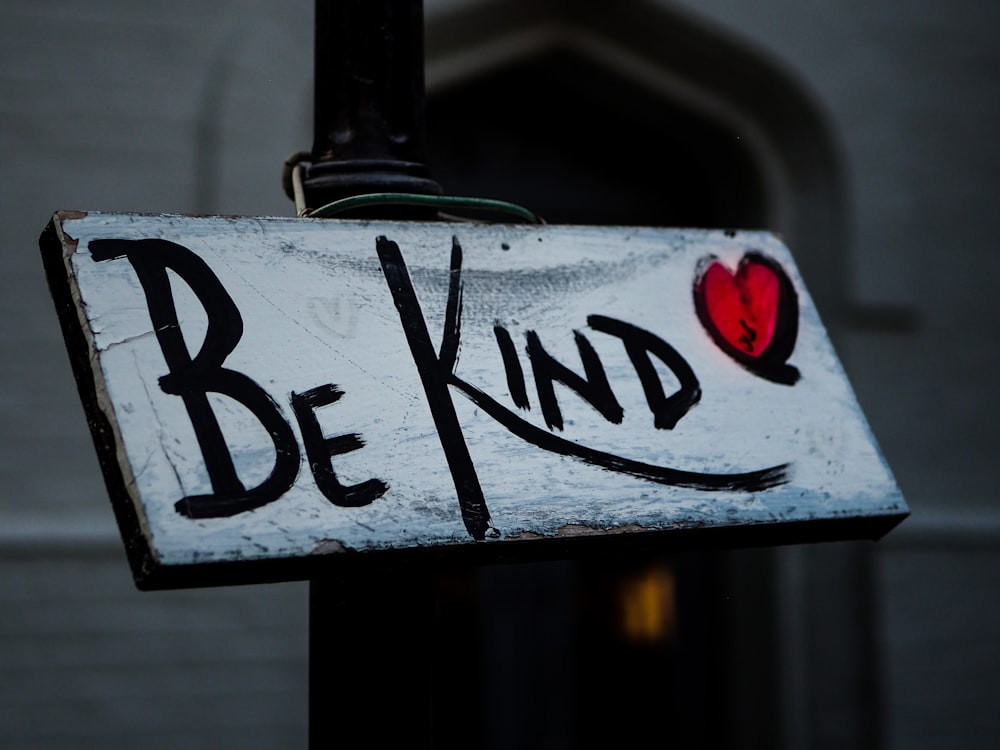
In the Theological Lecture Hall column of the Catholic Times a priest director of a Catholic Culture and Theology Institute gives the readers some thoughts on community.
The disappearance of a sense of community
makes the world dizzy. Self-reliance has become the core way of life, and many individuals see egoism as the new name of freedom. Freedom without responsibility confuses the world. Communal values disappear and interest in social things remains only as past memories. In fact, the emergence of modern subjects along with the establishment of democracy seemed to make a new world possible. However, after the establishment of the neoliberal system, today's situation is gradually becoming a world that has lost hope. In the huge capitalist system, the individual was fragmented and lost the power for change.
Even while realizing the climate crisis in everyday life and witnessing extreme polarization in the neoliberal economic system, people focus only on the material pleasures in front of them and express only selfish desires. It is easy to witness the absence of deep thinking and the failure to form social consensus. Is it no longer possible for individuals, influenced in the neoliberal system, to pursue communal wisdom toward the future and to act and practice as a community? It is difficult to escape from the overwhelming neo-liberal ruling order. It is full of lethargy and resignation.
The Church is the community of the People of God. The church is a kind of alternative community that sometimes adapts to the world, sometimes against the world, and sometimes transforms the world. The church is a community that participates in the life, death and resurrection of Jesus Christ. The church is a holy community that follows the values and order of the kingdom of God, a community of hope, the reign and consummation of God. The church community does not give up hope even in the face of many challenges and difficulties in the world.
In today's world where community is disappearing, the church must become the sacrament of community. "Christians should show the world that a completely different type of society is possible based on God. This, of course, becomes persuasive only through practice, not through teaching." (Gerhard Lohfink) What kind of community did Jesus want?
Can people look at today's church and imagine community? The church has lost its community. A community can only start when you and I are equally acknowledged and differences are respected. If the sense of community is lost, the church also returns to an understanding of its physicality only, and becomes an object of growth and prosperity. By its very nature, the church is a community to serve the world, a community that proclaims the joy of the gospel, not the joy of the world. What kind of sacramental witness does the church community, as a society of antithesis give in today's world?
External growth implies the risk of losing the sense of community. Community does not depend on externals but on internal communion. However, the expansion of the external weakens the inner intimacy. The external expansion of the church with the official recognition of the Roman Empire weakened the church's community. The monastic movement started from the personal dimension of spiritual training and concentration toward perfection, and the communal dimension of trying to preserve the identity of the church against the secular flow. At the bottom of the monastic movement is a spirit of resistance to the world, which seeks to find the source of faith and daily life not in worldly values but in the teachings of the Gospel. The spirit of the movement is not to escape from the world, but to choose a religious way of life for the transformation of the world.
There are movements within the church in response to the neoliberal material civilization. American conservative Rod Dreher argues in his book 「The Benedict Option」 that the church must exist as an advance guard against counterculture in order to maintain Christian identity in the age of secularization. Dreher suggests that we should "return to the roots of our faith in thought and practice", change our habits of heart and way of life according to the rules of Saint Benedict, and "become the Church without compromise". "We work, we pray, we confess our sins, we show mercy, we welcome the stranger, we keep the commandments." It is a beautiful declaration. But there is a huge gap between declaring a principle and realizing it in reality. You cannot overcome and transform the world by creating a kind of ghetto and waging a culture war. Rod Dreher's conception only shows "the misfortune of traditionalism that ignores changes in the historical context" (Thomas Halick).
A new monastic movement is emerging from both Catholics and Protestants, centering on the laity. If the traditional monastic movement was a way of living together wearing a habit in a monastery, the new monastic movement is a way of practicing Christian values and practicing discipleship while living in the home and the world.
Efforts and attempts to live and practice the spirit of Jesus Christ as a community in the era of neoliberal material civilization are obviously important. However, there are many principles and must-have statements for community formation, but there are not so many community movements that have actually achieved what they wanted. Space-oriented community movements are still failing. In the beginning, it is maintained by founders with strong charisma, but it is easy to witness that it weakens and disappears after one generation.
We live in an era where networks through the Internet overwhelm communities in the analog era. In the era of digital civilization, people's relationships are changing. The very way we feel intimacy and belonging has changed. The community of this era may depend on how to harmoniously coexist within this network of networks.